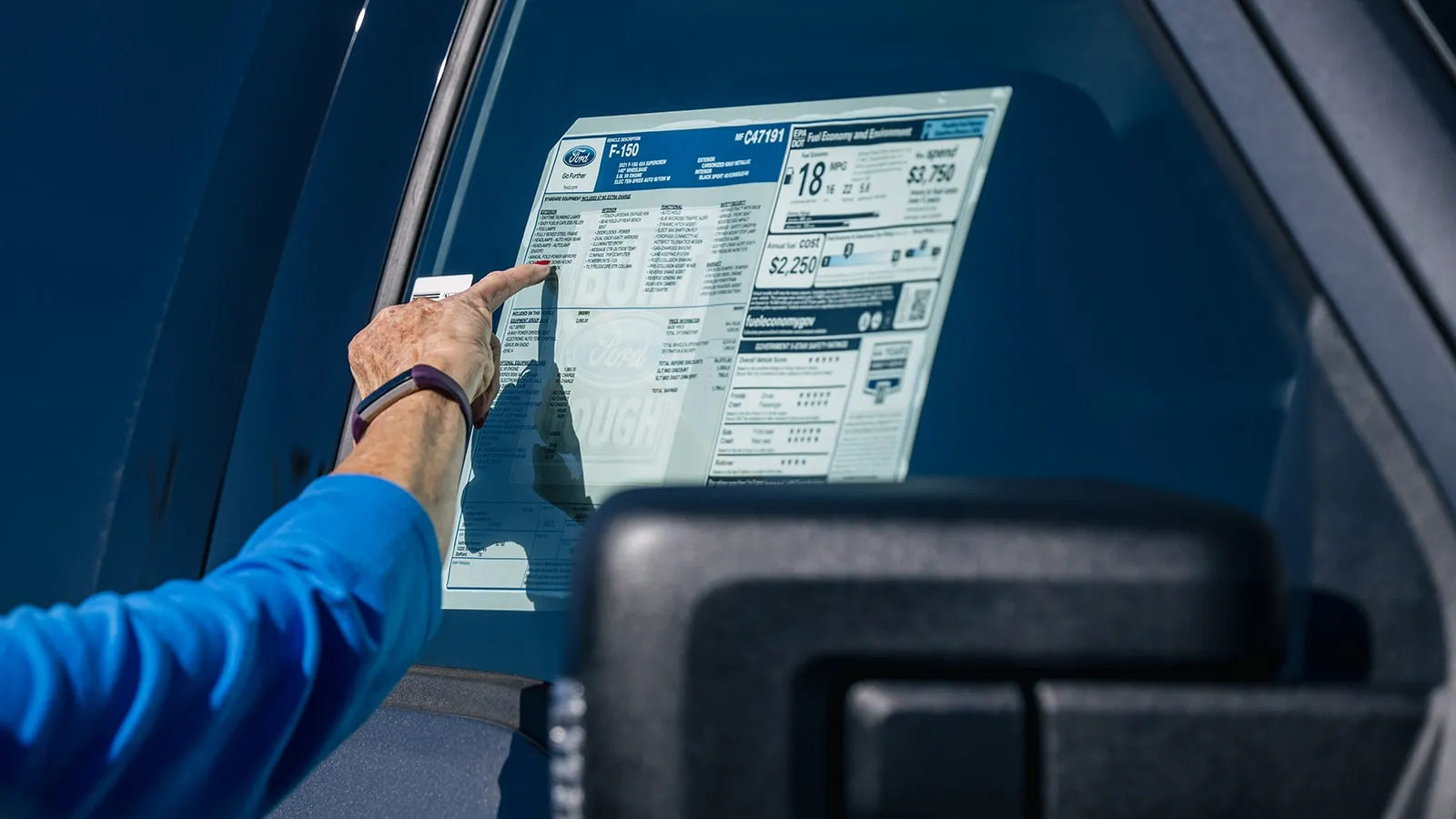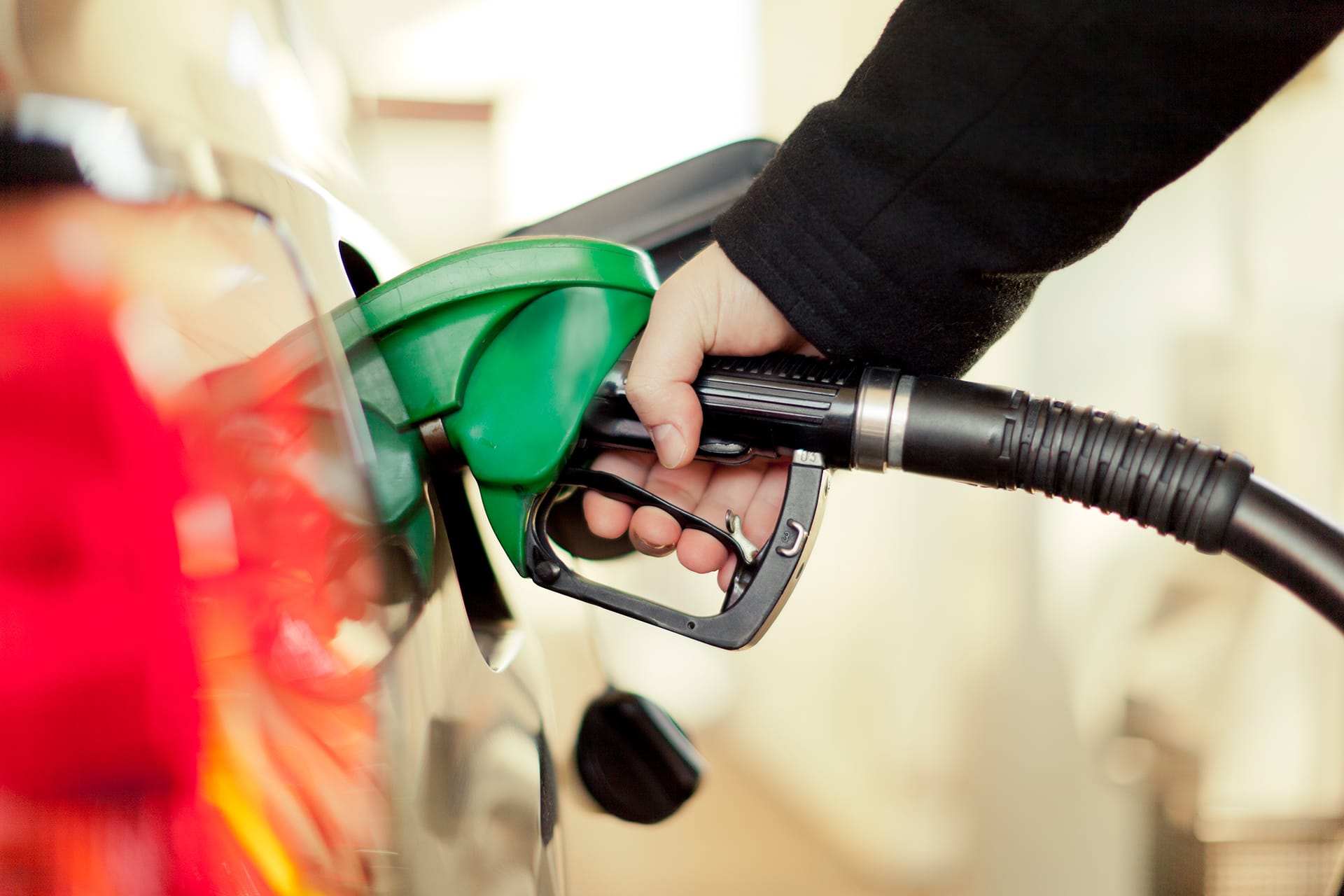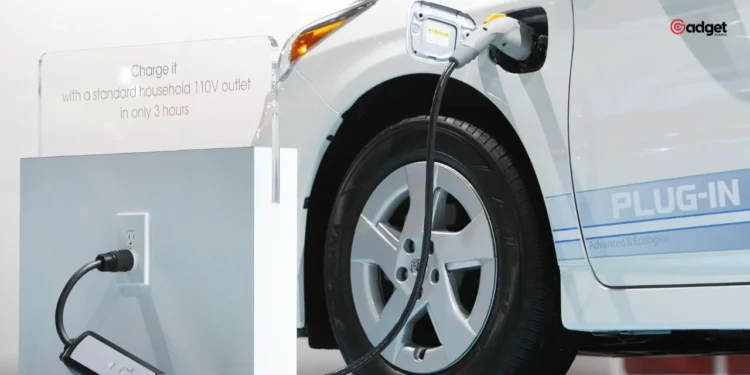In an era increasingly defined by the urgency of climate action, the Department of Transportation (DOT) has finalized a set of fuel economy standards that could redefine the use of fuel in American transportation. This development comes as part of President Joe Biden’s broader agenda to combat climate change and promote cleaner energy alternatives, emphasizing a gradual but significant enhancement in vehicle efficiency.
The new Corporate Average Fuel Economy (CAFE) standards are set to propel the automotive industry towards a greener future. By mandating a 2% annual increase in fuel economy for vehicles from model years 2027 to 2031, the DOT aims not only to curb pollution but also to reduce the nation’s dependency on fossil fuels.
Despite the regulatory adjustments being less stringent than initially proposed, the administration is poised to deliver considerable environmental and consumer benefits.

The Road to 2035: Targets and Expectations
For light-duty vehicles, the goal is ambitious: achieving an average fuel efficiency of 50.4 miles per gallon by 2031. The standards are even more demanding for heavy-duty pickups and vans, which are expected to see a 10% improvement from 2030 to 2032, and an 8% increase from 2033 to 2035, with a target of 35 miles per gallon by 2035.
Though these adjustments are milder than originally planned, they reflect a pragmatic approach that balances environmental objectives with industry realities. The DOT’s decision to proceed with these softened regulations underscores its commitment to achieving tangible progress in sustainability, while also recognizing the practical implementation challenges that may arise.
Economic and Environmental Benefits
According to reports, the updated regulation is projected to result in significant economic savings for both car and truck owners, with an estimated $600-700 saved over the lifespan of their vehicles.
Collectively, the country stands to save a staggering $23 billion in fuel expenses by 2050. Moreover, these measures are expected to cut carbon emissions by 710 million tons and conserve approximately 70 billion gallons of gasoline over the same period.

Hydrogen Fuel: The Rising Contender
In parallel to these developments, hydrogen fuel is gaining traction as a viable, eco-friendly substitute for traditional gasoline and diesel engines. A new study highlights hydrogen’s potential to revolutionize the fuel market, positioning it as a competitive and sustainable alternative that could further diminish our carbon footprint.

Industry Reactions and the Path Forward
The reception to the latest CAFE standards has been mixed. While environmental and health organizations like the Sierra Club and the American Lung Association have endorsed the new regulations, critics argue that they fall short of what is necessary to make a significant impact on climate change.
Dan Becker from the Center for Biological Diversity expressed disappointment, suggesting that the administration had yielded to pressure from automakers, who have historically been resistant to stringent fuel efficiency standards.
Despite these controversies, the Alliance for Automotive Innovation, representing automakers, has welcomed the changes, indicating a possible shift towards broader acceptance of regulatory measures aimed at sustainability.
As the nation moves forward, these revised standards represent not just policy changes but a pivotal shift in the automotive industry’s role in environmental stewardship. The path to a greener future is complex and fraught with challenges but also filled with potential for significant advancements in both technology and regulatory frameworks.










